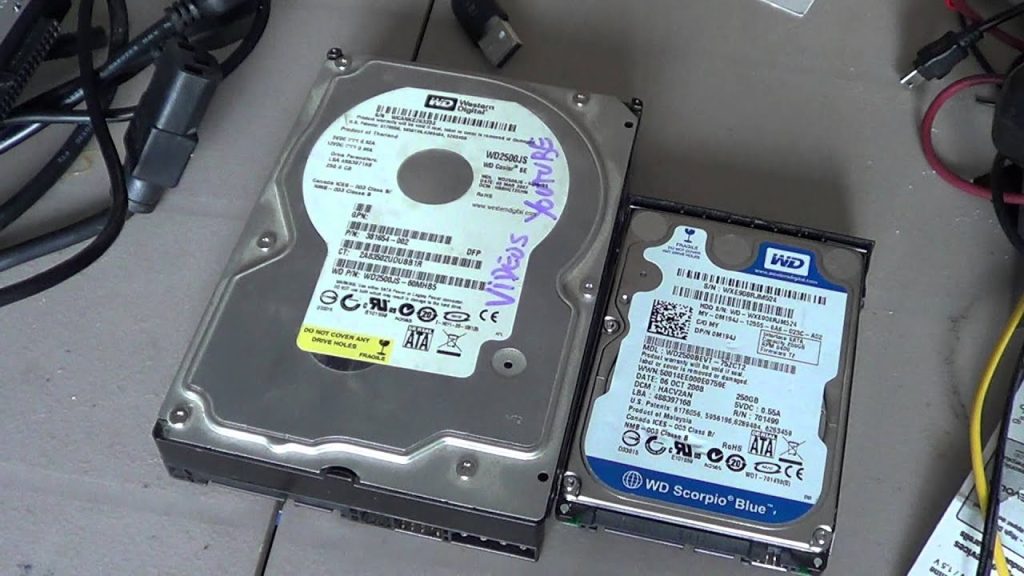The text document is as old as the written word itself. Humans have been communicating via text documents for hundreds of years. The printing press made written text even more accessible. Today we are migrating away from ink printed word and into text files. However, the text is still king. From textbooks to speeches to college essays, we still write.
A Universal Format
In the digital realm, the text document is a fundamental file format. It is universal and can be read on virtually any computer system. Popular text document formats such as open document, Microsoft, and rich text are simply variations or enhanced versions of the original text file.
These enhanced versions exist for good reason. They provide us with visually appealing formatted text that leads our eyes and communicates intention and emphasis in a way the text file cannot. Modern text formats have themselves become fairly universal. Modern operating systems and even online platforms can read and write a Microsoft Word document. But it is still a format owned by Microsoft. The text file is owned by no one.
Text files (containers) store data in plain text (content type). However, text files have low entropy in comparison to other formats, meaning they can take up more data space than is strictly necessary. While other file formats may conserve storage space they are inherently proprietary in some form and therefore not universal and/or open.
Open Formats
Open formats are important. We can lock, protect, and encrypt files with open protocols while still keeping documents open enough to be read on every and any computer system in the world. The text file can be generated from virtually any computing device and read as well. Retro computer systems and rudimentary operating systems can create, read, and manipulate text files.
We should not discount the validity of other file formats to contain information in other forms as valuable. A text file will not convey audio and video well at all. However, a video file can be converted into a text file and shared. It’s just not practical. The majority of information we can and should share can be shared in a text format.
Accessibility of the Text File
The Holy Bible is all text. The original Bible text as it was intended did not include illustrations. That text can be shared in a file size of fewer than five megabytes. But why is it so important to share information in a basic text file?
Future Proof Should the Unthinkable Happen
Low-powered, single-board computer systems may one day be the computers of the patriots of humanity. While the majority of the population communicates, computes, and lives through their phones and connected computers on commercial operating systems, the patriots will be off-grid and mobile. We will leverage the power of these simpler, yet powerful computers to communicate and share information without the proprietary fluff and intellectual shackles. But I digress.
Text files make the sharing of information in digital form over radio waves very possible. Meaning if the commercially powered Internet failed, mesh networks and those supplemented by amateur radio systems will become the new oracles of information.
Tyranical Agendas
The text file is a universal digital format that can be shared and printed to communicate with any human in the world. We have a civic duty to each other to share good, truthful information. It is our duty as the people of this country to fight for our freedom continuously. For far too long have we as a people allowed our governments and elected officials the power and authority desired by the greed of their hearts rather than the authority as expressly written in the constitution of our country.
The tangled web between government, corporations, and international entities is so much more than we know at present. But we must trust that the little bumps of corruption are simply bubbles on the surface of a boiling pot of tyrannical danger. This is why keeping the information in rudimentary and universal formats is vitally important. It only takes a single software patch or updates on a computer or device to render the proprietary formats locked and useless. In a matter of seconds, so much of the information we take for granted as being available can be locked away and supplanted with “approved” versions.
Preservation of Information
We must work to keep information in open and universal formats. I urge you to begin saving your information in text files. Perhaps as a copy or archive but in text nonetheless. Create archives of information. Think in terms of rebuilding society after a collapse or colonizing a new world. We would need educational texts such as books, textbooks, manuals, and more. These are the documents that we need to collect and share today. Make them available in libraries that cannot be banned, blocked, or removed so easily.
Share information and follow it up with a conversation thereafter. Do not let the disease of social media blasting follow good information beyond the Internet. Today we make the grave mistake of blasting out to hundreds or thousands of people our thoughts, opinions, and links to every other thought we liked on the Internet. Perhaps we have a textual conversation without any real human interaction while we are playing a game or engaged in some other distraction. We should journal our thoughts privately to process and develop them before we share them. I can imagine if we did, we would not share so much about ourselves with a world that largely does not care about the majority of our passing thoughts and unsolicited opinions.
Conclusion
We must learn the art of engaged and thoughtful communication, debate, and learning through the process rather than absorption. So compile your archives, share them, and follow up with a real conversation about the information you found to be most impacting. Share books, write books. Do not wait for a publisher to tell you whether what you have is good or bad. Write now and share, self-publish. Print your essay and tape a copy to the front door of the public library. But share good information in a text file, or type written.


